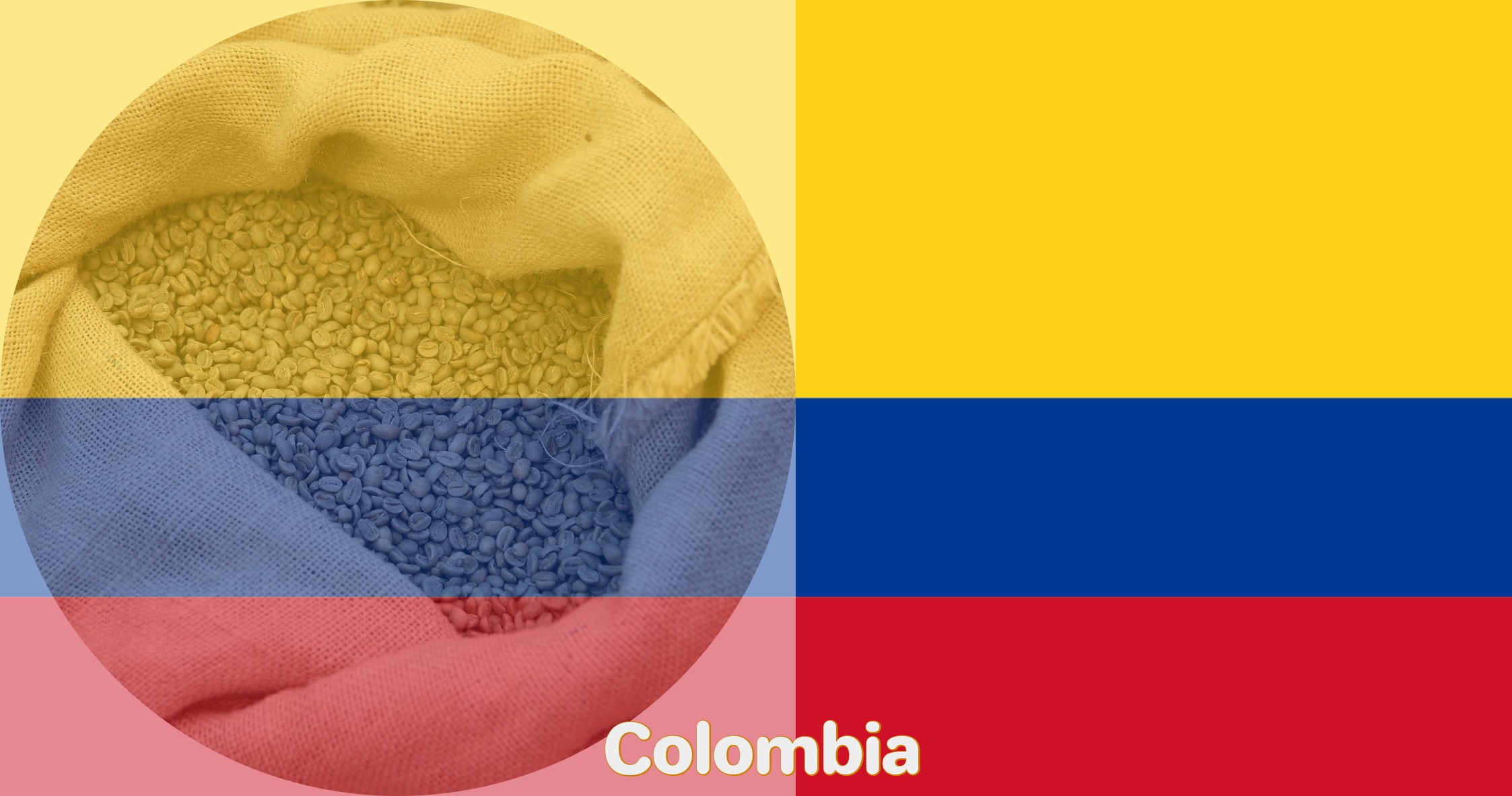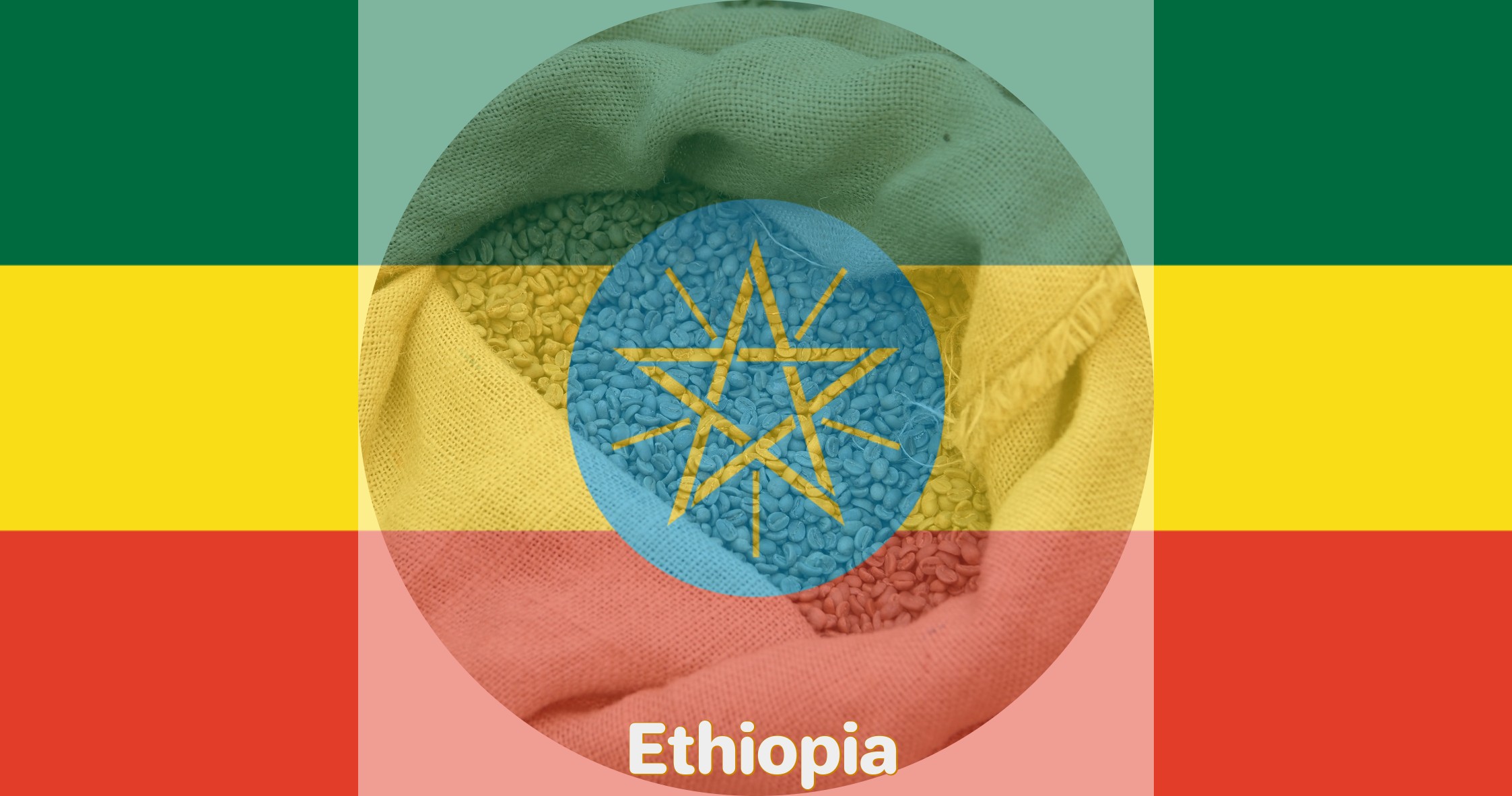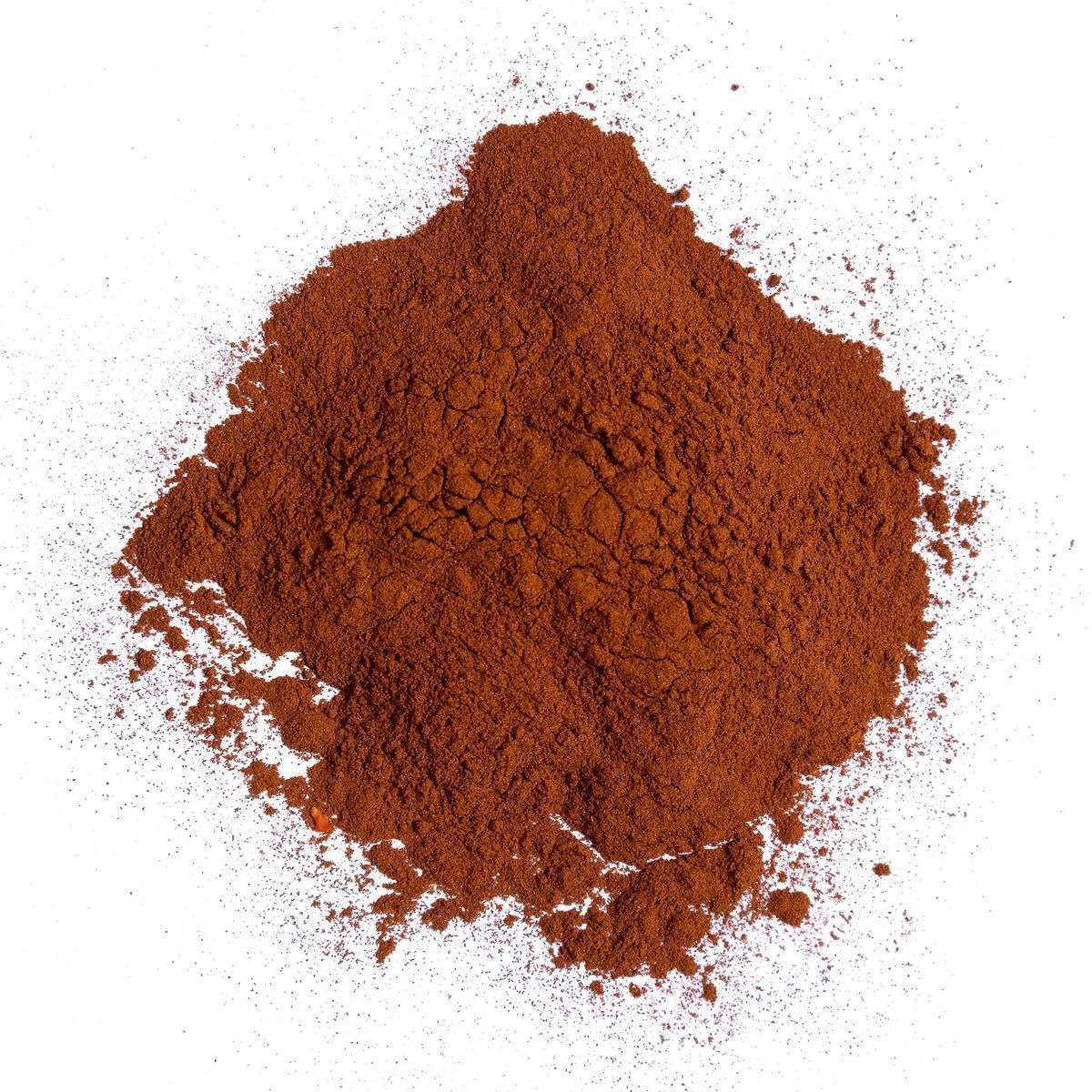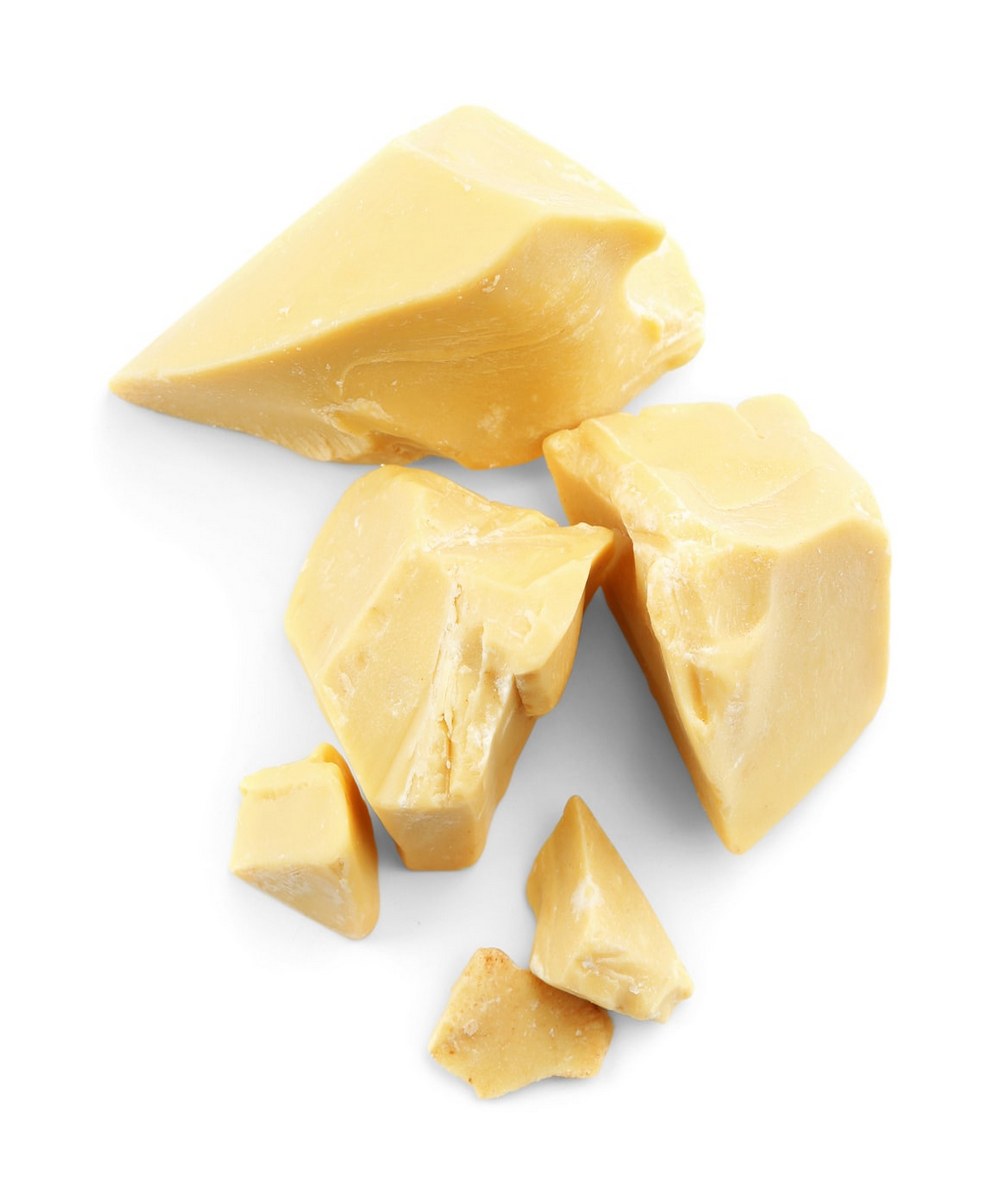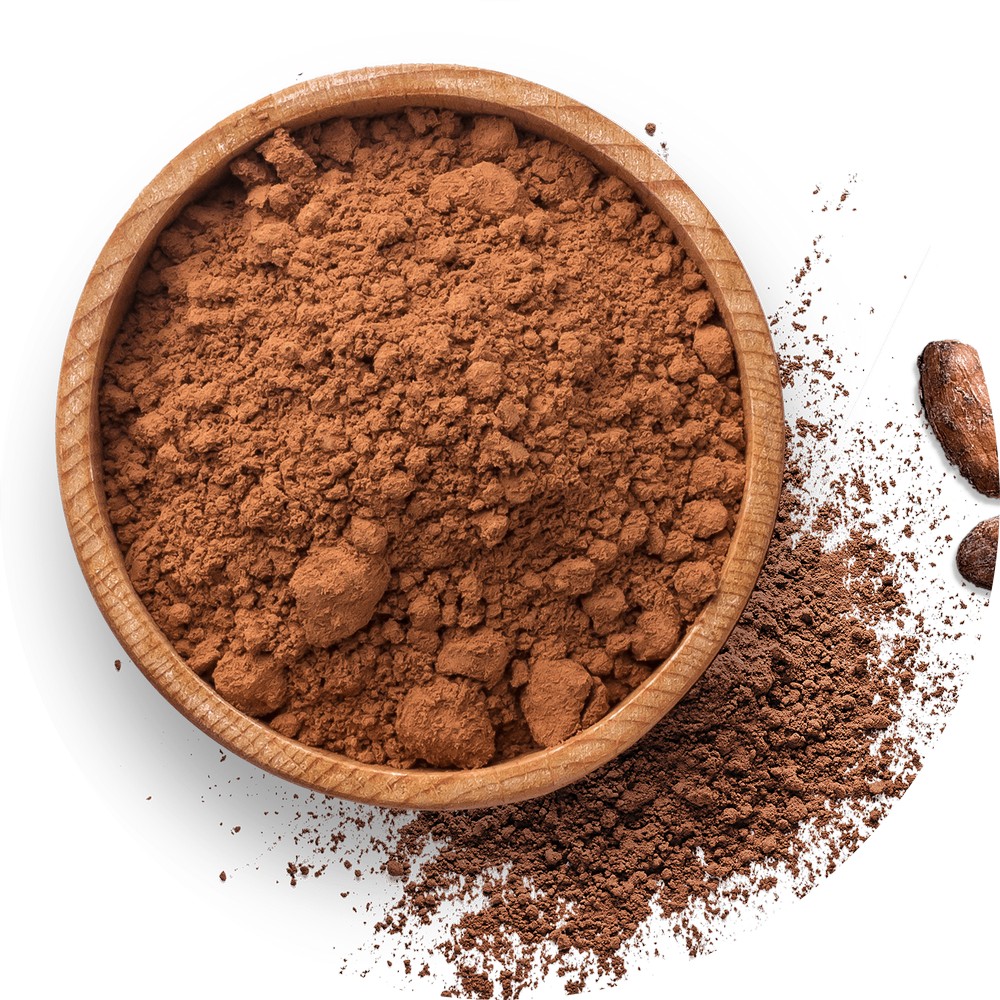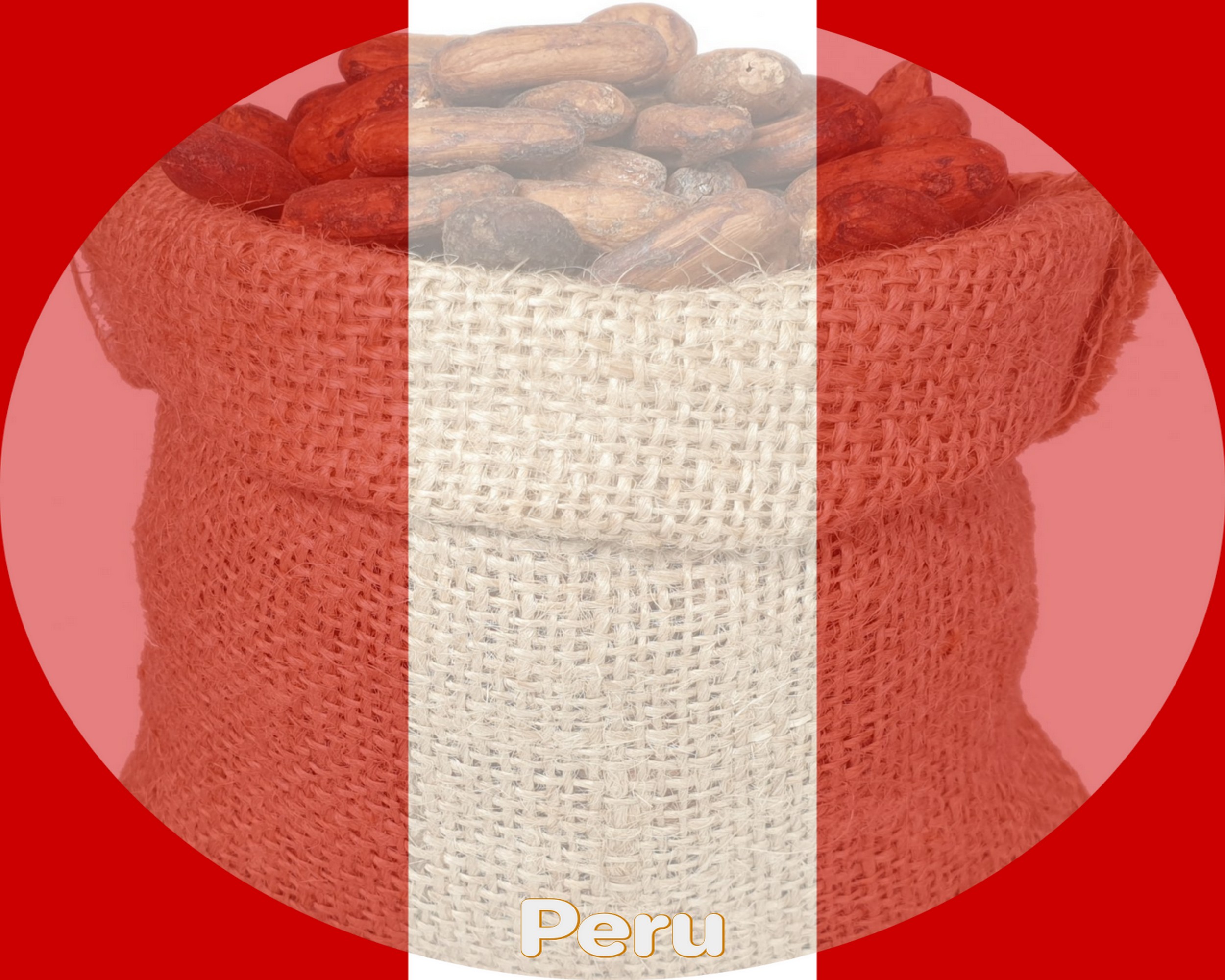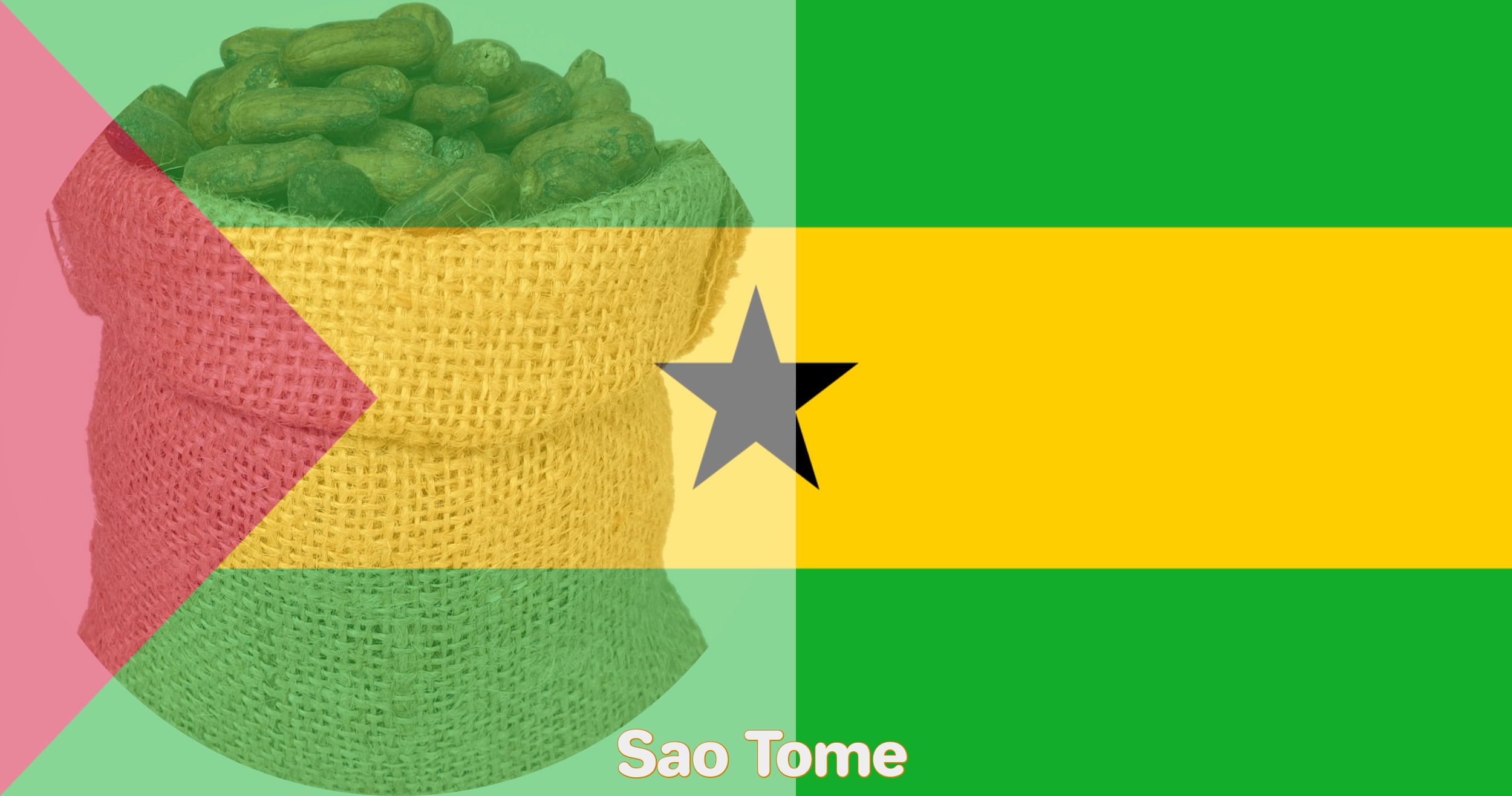- LOW PRICES
- FREE SHIPPING
Wine | Cheese | Rice | Palm Oil | Olive Oil | Cashew Nuts | Flax Seeds | Tea | Coffee | Cocoa
Organic Amla Powder
Organic Ashwaghanda Powder
Organic Broccoli Powder
Organic Beet Root Powder
Organic Gingko Biloba P.E.
Organic Gotu Kola P.E.
Organic Green Yerba Mate Powder
Organic Honey Powder
Organic Kale Powder
Organic Maca Powder – Gelatinized
Organic Maca Powder – Raw
Organic Maple Syrup Powder
Organic Moringa Powder
Organic Milk Thistle P.E.
Organic Neem Powder
Organic Pumpkin Seed Pow. 45% Protein
Organic Spinach Powder
Organic Turmeric Root Powder
Organic Fenugreek Powder
Coconut Oil Powder 50% Drink Grade
Organic Beet Root Powder
Organic Cabbage Powder
Organic Pea Protein Powder 80%
Organic Wheat Grass Powder
Organic Jerusalem Artichoke Powder 90% Inulin
Acai Berry 4:1 Powder
Acerola 17% Vit C
Anamu Tea Cut
Camu Camu P.E. 20% Vit C
Chancapiedra Powder
Graviola Tea Cut 30 Mesh
Guarana 22% caffeine
Guarana Seed Powder (Dry heat)
Pau D’Arco Powder 30 Mesh
Pau D’Arco Powder 50-80 Mesh
Yerba Mate P.E. 5:1
Yerba Mate 8% Caffeine
About 15,500 metric tons of certified organic cocoa beans are sourced from the following countries :
Madagascar, Tanzania, Uganda, Belize, Bolivia, Brazil, Costa Rica, Dominican Republic, El Salvador, Mexico, Nicaragua, Panama, Peru, Venezuela, Fiji, India, Sri Lanka, Vanuatu, Ghana.
Organic cocoa commands a higher price than conventional cocoa, usually ranging from $100.00 to $300.00 per metric ton.
- Delivered At Place (DAP) – Incoterm
- Your warehouse, a port or airport
Certified organic farms are prohibited from knowingly planting GMO (Genetically Modified Organism. Other names include Genetic Engineering – GE or Genetic Modification – GM) seed.
Allowing organic products to contact prohibited substances (residual synthetic fungicides, preservatives or fumigants) in packaging materials or storage, containers, will result in penalties.
- No Irradiation
- No Synthetic Food Additives
- No Industrial Solvents
- Fewer Pesticide Residues
Our free quotes will always include shipping costs to your warehouse, a port or airport.
SHOP NOW
Organic is a labeling term that indicates that the food or other agricultural product has been produced through approved methods that integrate cultural, biological, and mechanical practices that foster cycling of resources, promote ecological balance, and conserve biodiversity. Synthetic fertilizers, sewage sludge, irradiation, and genetic engineering may not be used.
Certification allows a farm or processing facility to sell, label, and represent their products as organic. Only producers who sell less than $5,000.00 a year in organic foods are exempt from this certification. However, they’re still required to follow the USDA’s standards for organic foods.
Accreditation authorizes private, foreign, or State entities to certify farms or processing facilities.
Certifying agents are accredited by the USDA (U.S. Department of Agriculture) in the United States and around the world. Certifying agents are responsible for ensuring that the USDA organic products meet or exceed all organic standards. The USDA National Organic Program (NOP) administers these regulations.
Countries with smaller volumes can fetch higher premiums for organic cocoa products to cover both the cost of fulfilling organic cocoa production requirements and certification fees.
The average organic certification fee in Africa, Asia and Latin America is $5,500.


